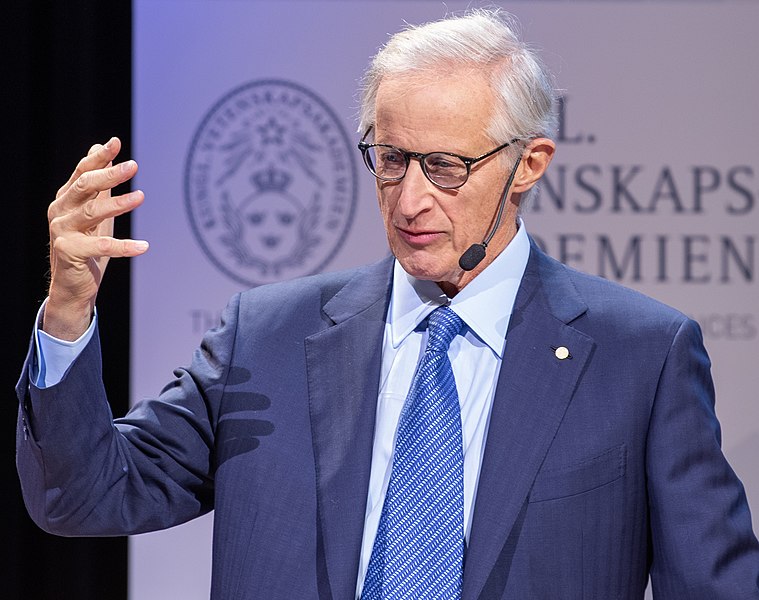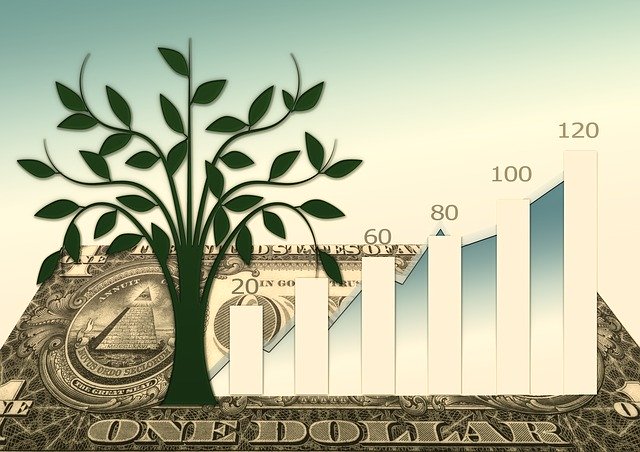
Climate Casino – Review and What to Do
William Nordhaus is the author of a very interesting book about climate change, entitled: The Climate Casino: Risk, Uncertainty, and Economics for a Warming World. As the title suggests, it is a book that informs us about climate change, global warming, and the effects this is going to have on the economy. Is it a good book and should you take a look? Of course, this has nothing to do with casinos in the traditional sense. If we want to gamble, we can always do so with the LasVegas Casino bonus code.
Who Is William Nordhaus?
William Nordhaus is an American economist and professor. He got his BA and MA from Yale and a Ph.D. from MIT. He won a Nobel Prize in Economics in 2018 for his model describing the interplay between the economy and the climate. He is 78 years old, at the time of writing, and is currently a Sterling Professor of Economics at Yale University. Nordhaus is, arguably, the world’s biggest authority in terms of economics surrounding climate change.

The Book
The title of the book refers to us as humankind playing climate casino, meaning that we are relying on luck too much for it to be a good thing and the economy is likely to suffer as well. One of the arguments and proposed solutions to the man-made climate change problem is the introduction of CO2 emissions tax that would start with a nominal price per ton.
One of the, for the want of a better word, characters in the book is DICE, the Dynamic Integrated Climate-Economy model. DICE is one of the three computer models used by the US EPA.
DICE is there to help us understand how climate change, global warming, and pollution are going to affect global economic growth. For example, it is likely that the future generations are going to expand more and become richer, but will have much higher levels of CO2 to deal with. Another gem the future is going to have to deal with is the rising cost of repairing seasonal hurricane damage, paired with the prices in the housing market.
The book is interesting, as it is aimed at the common reader and not just economists. This is Nordhaus’s way of warning the general public. While the economy is not likely to be ruined by climate change, there is a small probability that natural disasters may become too expensive to deal with.

What Can We Do?
The book urges us not to let the other industries and nations be the only ones doing the heavy lifting. The personal responsibility has to be the sufficient motivator, as climate change is just one of the many causes tax dollars are aimed at, which means we cannot expect a great deal of help from that source.
